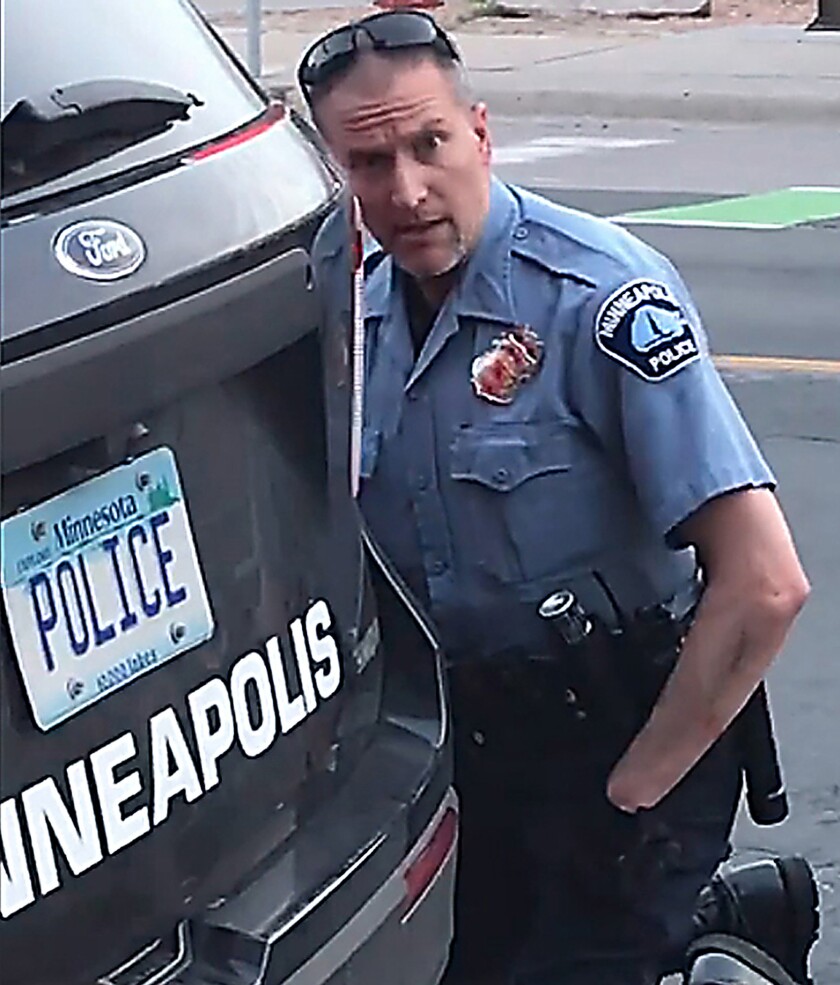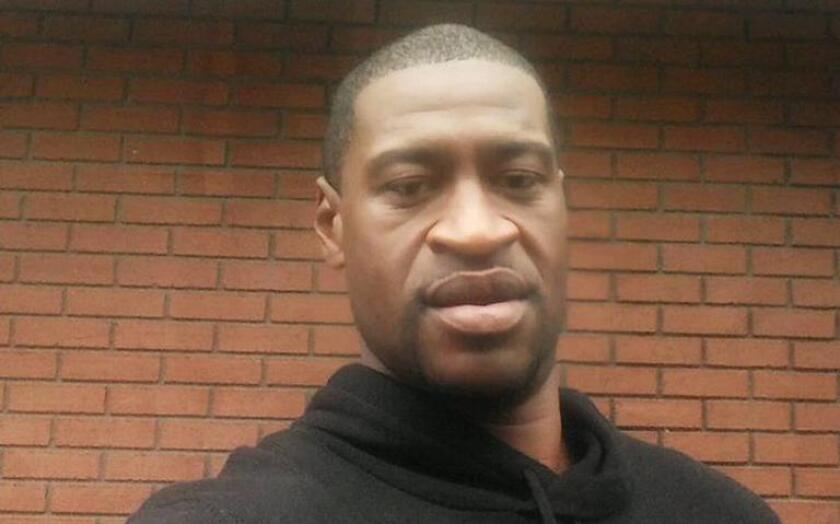Attorneys in the trial of Derek Chauvin concluded a day's worth of closing arguments on Monday, April 19, setting the stage for jury deliberations and the ultimate answer: Is the ex-police officer guilty of murder in the death of George Floyd ?
The prosecution was unequivocal in its assertion that it was Chauvin who caused Floyd's death by pinning him against the street outside the Cup Foods convenience store in south Minneapolis for more than 9 minutes, slowly and fatally depriving him of oxygen.
ADVERTISEMENT
Defense attorney Eric Nelson was similarly steadfast in his closing argument that Floyd's ingestion of methamphetamine and fentanyl, taken in combination with his heart health and a multitude of other factors, makes it too difficult to assign the blame for his death to Chauvin or to asphyxia alone.
State prosecutors in response pointed several times to the testimony of expert witnesses such as Dr. Martin Tobin and to the viral footage of Floyd's arrest as demonstrating the cause of and manner of his death. During the rebuttal to the defense's closing arguments, prosecutor Jerry Blackwell showed a still image from video of Chauvin kneeling atop Floyd the night of May 25, 2020, as illustrating his refusal to stop restraining an incapacitated person.
"You were told, for example, that Mr. Floyd died because his heart was too big," Blackwell said, referring to Floyd's enlarged heart. "And now having seen all the evidence, having heard all the evidence, you know the truth. And the truth of the matter is that the reason George Floyd is dead is because Mr. Chauvin’s heart was too small."

With the case now in their hands, jurors will have to weigh Chauvin's guilt or lack thereof on charges of second-degree murder, third-degree murder and second-degree manslaughter. In Minnesota, a person found to have caused a death, even an unintentional one, during the commission of a felony is guilty of second-degree murder, and prosecutors argue Chauvin's actions toward Floyd constituted felony assault.
Prosecutors will need to have convinced the jury that Chauvin caused Floyd's death by perpetrating "eminently dangerous to others and evincing a depraved mind, without regard for human life" in order for jurors to convict him of third-degree murder. To secure a conviction on the lesser charge of second-degree manslaughter, they will need to have established that Chauvin caused Floyd's death "by his culpable negligence, creating an unreasonable risk and taking a chance of causing death or great bodily harm."
ADVERTISEMENT
Nelson on Monday argued that prosecutors failed to do so, and at one point that afternoon seemed to say Tobin's testimony and findings were less significant compared to those of Dr. Andrew Baker , the medical examiner for Hennepin County who performed Floyd's autopsy. Though Baker did label the manner of Floyd's death a homicide, he said in his autopsy report that Floyd's cause of death was "cardiopulmonary arrest complicating law enforcement subdual, restraint, and neck compression" and listed his drug use and heart conditions as "significant factors."
Nelson also said jurors had to consider whether prosecutors have laid out sufficient evidence to rule out the significance of Floyd's health and drug ingestions.
"When you take into consideration the presumption of innocence and proof beyond a reasonable doubt, I would submit to you that it is nonsense to suggest none of these other factors had any role," Nelson said.
He stressed to the jury that Chauvin's actions the night of Floyd's death would have been informed by his own training and by the information available to him at the time. When Chauvin arrived to Cup Foods that May 25 night, Nelson said, he would have first seen Floyd struggling with the other officers attempting to place him into a squad car.
They brought him to the ground and continued to hold him there because he appeared to be resisting and knowing that an ambulance was on the way, according to Nelson. The officers were also trying to stay abreast of what the attorney has consistently described as a volatile situation that a crowd of onlookers contributed to.
ADVERTISEMENT
But prosecutor Steve Schleicher said Chauvin "had to know" Floyd was suffering under his weight and that of the other officers. Blackwell also disputed that the bystanders were unruly, saying that they never laid hands on the officers and showed respect for "the badge" even as they vocalized their outrage.
Schleicher said "all that was required" of the situation was compassion and that "none was shown on that day."
Motions for mistrial denied

After Judge Peter Cahill gave instructions to the jurors before they left the courtroom for deliberation, Nelson made several arguments to the court.
Chauvin's defense attorney told the judge some of Blackwell's comments constituted "prosecutorial misconduct" that could be grounds for a mistrial, though Cahill disagreed.
Nelson did motion for a mistrial after airing concerns about the effect that media coverage of the trial could have on the jury, and asked whether "it can really be said to be that they are free from the taint of this." Jurors in the trial are only being sequestered for the duration of their deliberation period but have been told by Cahill to avoid news consumption.
ADVERTISEMENT
Nelson also accused U.S. Rep. Maxine Waters, D-Calif., of making "threats against the sanctity of the jury process" during her weekend appearance at a Brooklyn Center, Minn., protest of Daunte Wright 's killing by local police.
Cahill denied the motion and said he was aware of Waters' comments. He appeared to reject the idea that a congressional official's comments would be significant enough to derail the trial but rebuked Waters nonetheless.
"I wish elected officials would stop talking about this case," Cahill said, raising his voice, "especially in a manner that is disrespectful of the rule of law and to the judicial branch and our function."
by on Scribd










